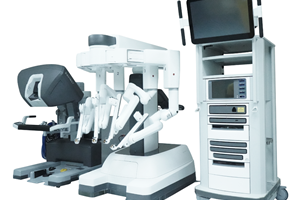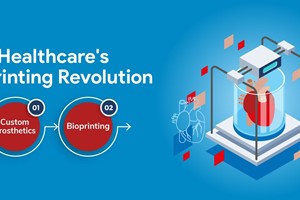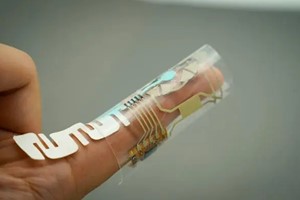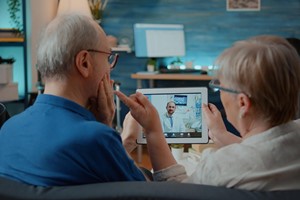In a remarkable leap forward for medical technology, researchers at a leading university have unveiled a groundbreaking innovation in wound care: the Smart Bandage. This cutting-edge device promises to transform how wounds are monitored and treated, potentially revolutionizing patient care worldwide.
Unlike traditional bandages, the Smart Bandage is embedded with tiny sensors and microprocessors that continuously monitor key indicators such as pH levels, temperature, and moisture levels at the wound site. This real-time data is then transmitted wirelessly to a smartphone app or a healthcare provider's monitoring system, providing instant feedback on the healing progress.
Dr. Sarah Johnson, the lead researcher on the project, explained the significance of this innovation: "Current wound care often relies on periodic dressing changes and visual inspection, which can delay detection of complications. The Smart Bandage allows for early detection of infection or other issues, enabling prompt intervention and better outcomes for patients."
The implications for patient care are immense. By providing healthcare providers with detailed, continuous data on wound conditions, the Smart Bandage could lead to faster healing times, reduced hospital stays, and lower healthcare costs. It also empowers patients to take a more active role in their recovery by providing them with personalized feedback and alerts regarding their wound status.
Initial trials of the Smart Bandage have shown promising results, with patients reporting increased comfort and confidence in their recovery process. The next steps involve further testing in clinical settings to validate its efficacy across different types of wounds and patient demographics.
Dr. Johnson and her team are optimistic about the future of the Smart Bandage and its potential to set a new standard in wound care. "Our goal is to make advanced wound monitoring accessible and seamless for both patients and healthcare providers," she added.
As the development of the Smart Bandage progresses, medical professionals and patients alike eagerly anticipate its widespread availability, heralding a new era in personalized and proactive healthcare.













